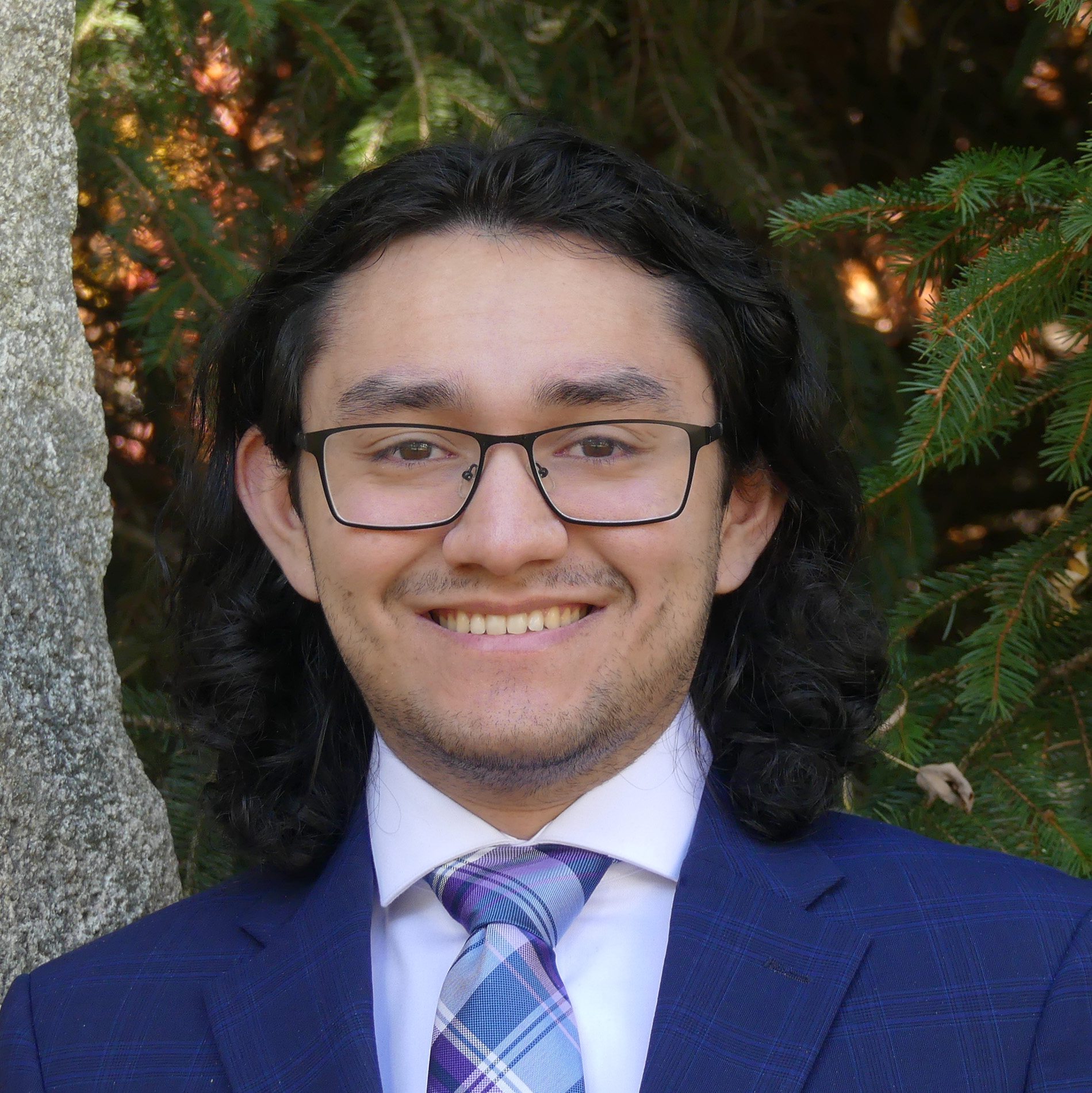William Escobar

Hometown: Springfield, VA
Undergraduate institution: Georgetown University
Undergraduate major: Biology of Global Health
QBS MS track : Health Data Science
Other professional information: For 3.5 years, I conducted breast cancer research at Georgetown University Medical Center. In Dr. Robert Clarke's lab, I assessed the heterogenous microenvironment of Estrogen Receptor positive (ER+) breast cancer tumors and the methods of communication between antiestrogen treatment-resistant (eg. Fulvestrant, Tamoxifen, Aromatase Inhibitors, etc) and treatment-sensitive cells. I conducted individually-led projects. I have experience in Cell Culture, (adding new media, splitting cells, counting cells using an automated Countess Machine, etc), Western Blots, PCR, RNA and Protein Isolation and Quantification, Crystal Violet Assays, etc. In my last year, I completed a Senior research project in the form of a literature review on the heterogeneous microenvironment of ER+ Breast Cancer Tumors and the molecular pathways that promote acquired drug resistance in drug-sensitive LCC1 cell lines. After, I worked in a lab at Princeton University as a Lab Technician. I worked in the university’s Molecular Biology Department. In Dr. Cameron Myhrvold’s lab, I led a team in creating a novel, multiplexed diagnostic assay to test for TB and COVID-19, two of the world's most prevalent and deadliest infections, that will be utilized in point-of-care settings. The assay harnesses Streamlined Highlighting of Infections to Navigate Epidemics (SHINE) technology, a cutting-edge CRISPR/Cas13a-based diagnostic tool that amplifies and detects viral nucleic acid sequences. Through my work, I utilize numerous assays, primarily CRISPR/Cas12 and Cas13a nucleic acid detection assays and related in silico work necessary for CRISPR and non-CRISPR assays (i.e. designing CRISPR RNA and recombinase polymerase amplification and polymerase chain reaction primers using SnapGene and PrimedRPA, a Python application). As an intern in Pfizer's Rare Disease Medical Affairs (RDMA) team, I also had the opportunity to conduct research on various gene editing technologies, and understand how they could be used to manage and/or eliminate certain rare diseases, such as Hemophilia and Deschene's Muscular Dystrophy.
My research interests are: I would like model the molecular underpinnings of cancer cell resistance to treatments. I have experience working with breast cancer cell lines that are resistant to standard endocrine therapies, such as Tamoxifen and Fulvestrant. I am also interested in designing point-of-care, diagnostic assays for various cancers, using CRISPR/Cas technology.
Career track: Both Industry and Academia
My career goals are: I am an aspiring physician-scientist. Following the completion of my Master's, I would like to pursue an MD/PhD program (PhD in Molecular Biology or a related field) - hopefully at Dartmouth!
I chose QBS because: 1) The HDS program allows students to pursue a capstone research project and present their results at the Celebration of Biomedical Research at Dartmouth (CBRaD). This unique and enticing feature of the program will allow me to continue pursuing independent research on an interesting topic and discuss my findings with colleagues. 2) With ties across all four graduate schools and research partnerships around the world, the possibility of inter-disciplinary collaboration is tremendous. I can appreciate this facet of learning first-hand. As an undergraduate, I had the opportunity to work with the Tumor Biology Department at Georgetown University Medical Center on the Medical Campus and the Environmental Biology/Ecology Department on the Main Campus for my two-year senior research project.
Recreational Interests: I enjoy listening to music, reading, and advocating for various causes, namely disability inclusion and Latino's in STEM.